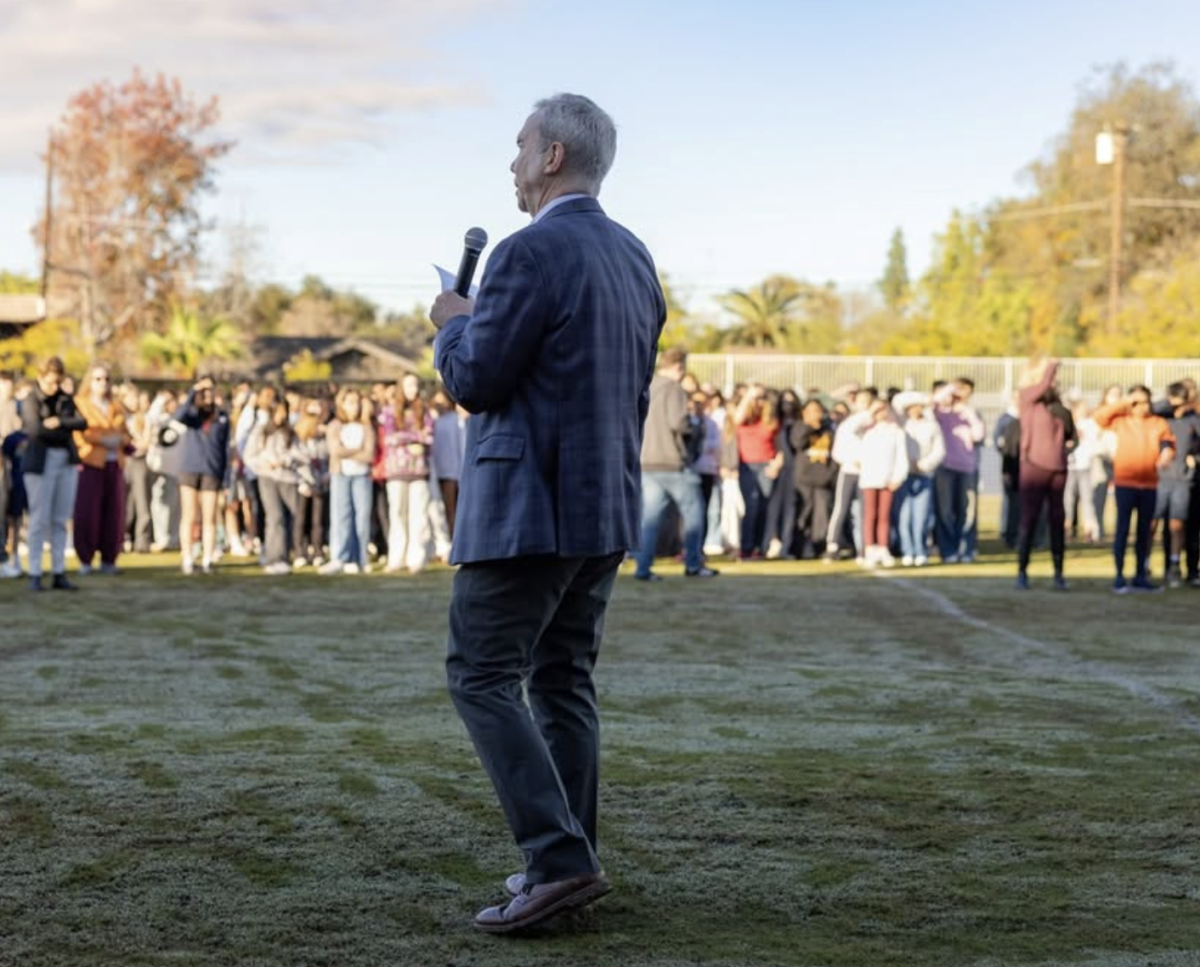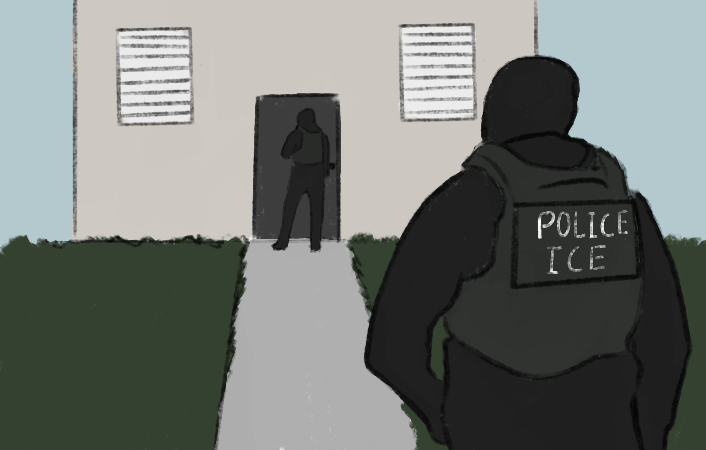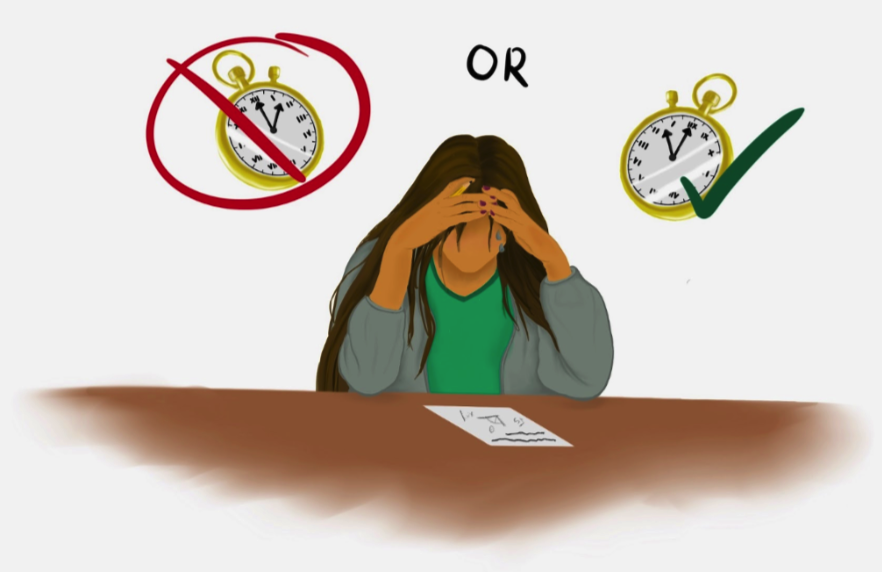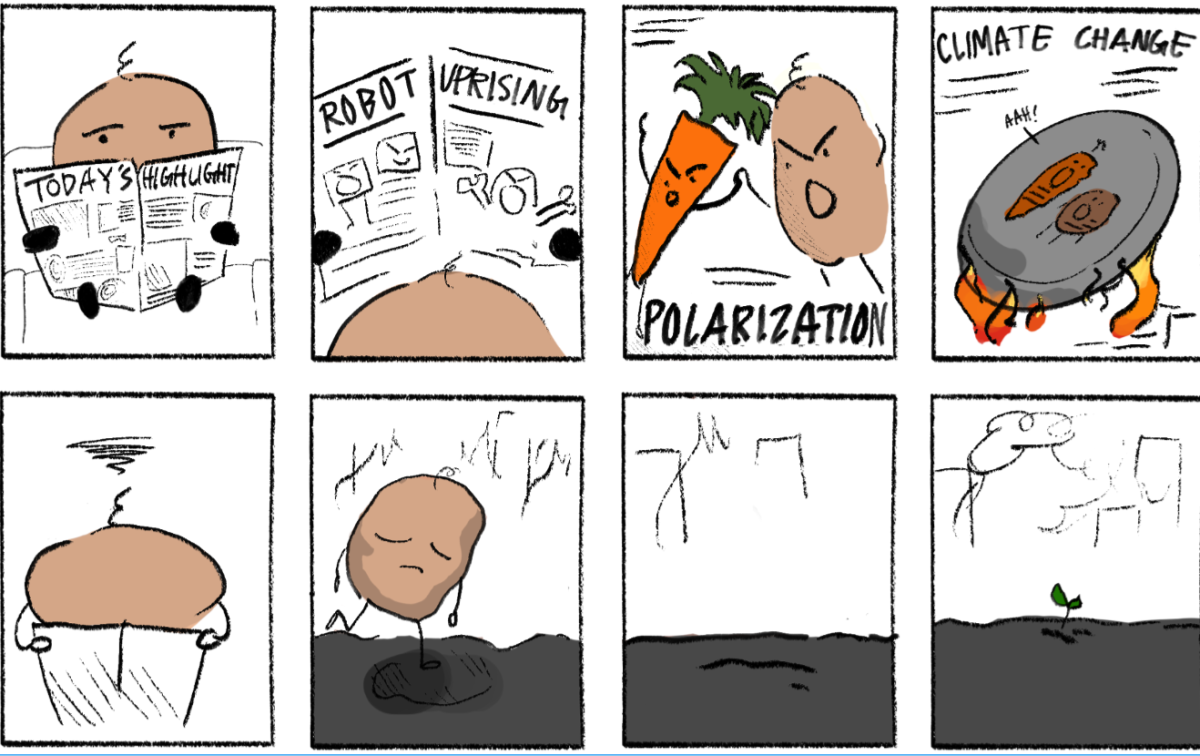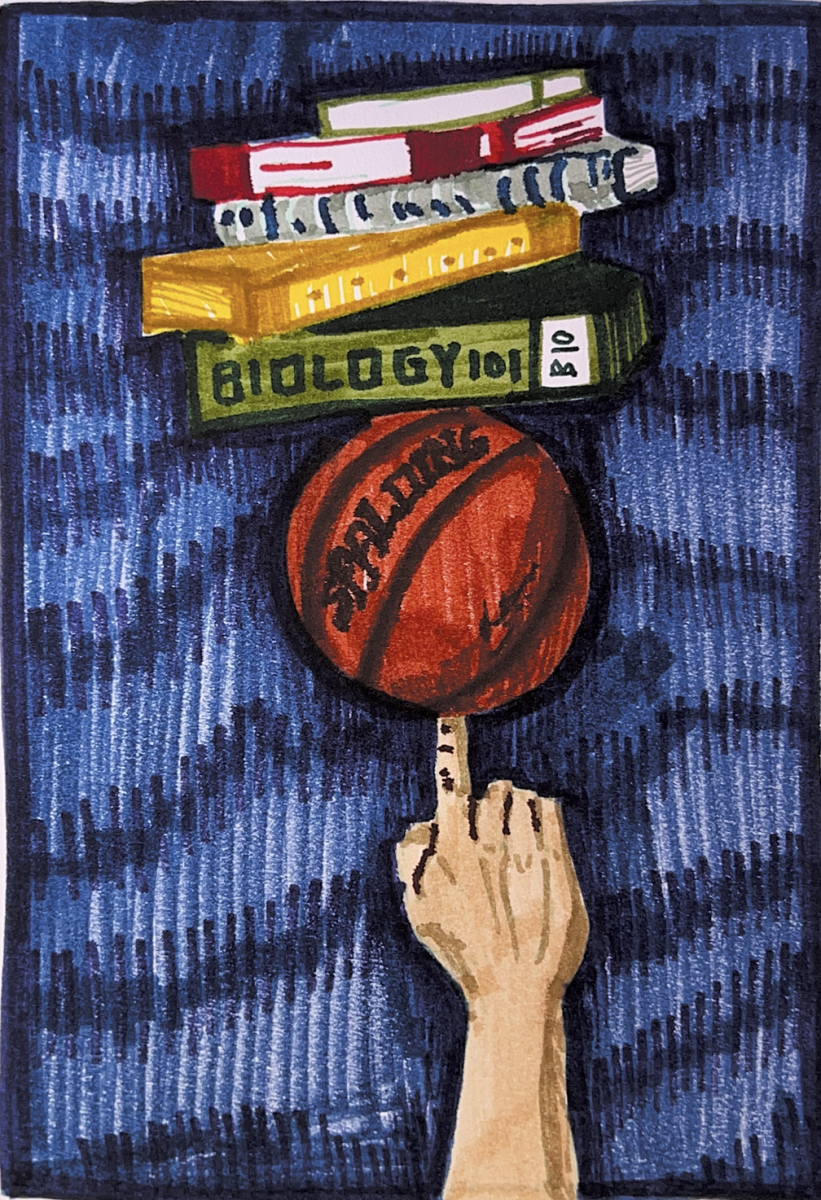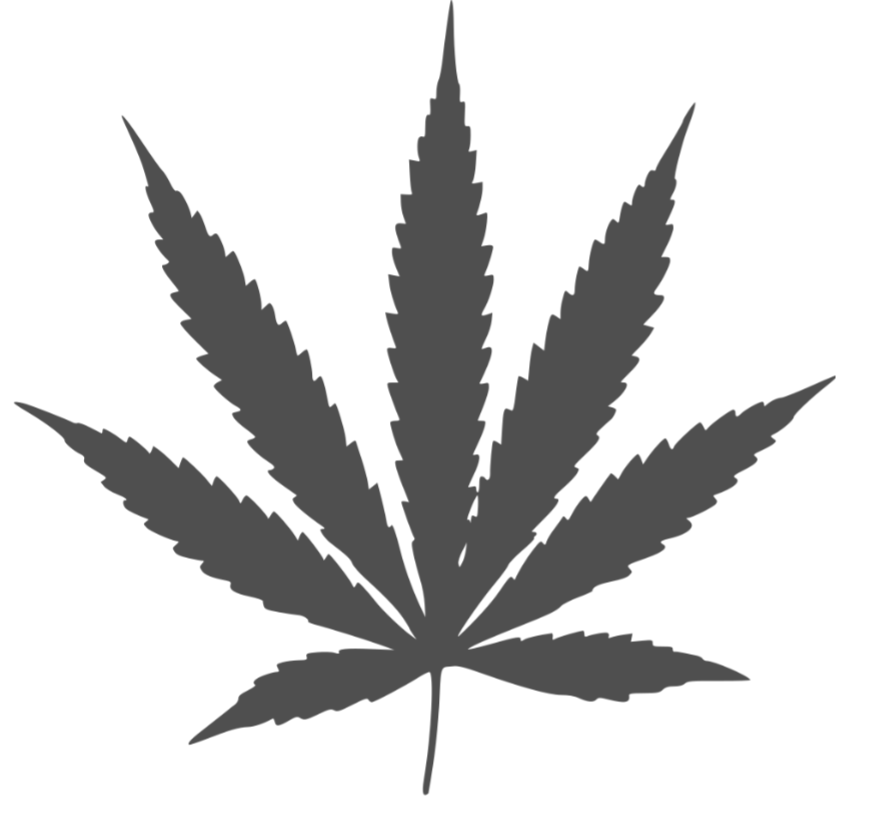From its first documented use in China almost 500 years ago to its use today in the United States, cannabis has been used for both medicinal and recreational purposes. Throughout most of the 19th century in the U.S., the plant was used for industrial and therapeutic purposes; however, according to History.com, starting in the early 1900s, Mexican immigrants popularized the recreational use of marijuana. The United States’ first attempt to limit the sale and consumption of the drug was in 1937 when Congress passed the Marijuana Tax Act, and a few decades later, in 1970, Congress passed the Controlled Substances Act, prohibiting marijuana in the U.S.
In 1996, California became the first state to legalize medicinal marijuana. Then, in 2012, Colorado and Washington became the first states to legalize recreational marijuana, and, as of today, 23 states have legalized it in the United States. However, both medical and recreational marijuana remain illegal under federal law as well as in 27 states. The federal government should legalize the recreational and medicinal use of marijuana across the country in order to preserve the physical and mental health of its citizens.
Common critiques of legalization include theories that cannabis acts as a gateway drug, a substance that can lead to the use of more powerful and dangerous drugs. Some argue that strains of marijuana have also become more potent since the 1990s and more likely to induce psychosis, a mental state where one feels disconnected from reality, throughout the years. According to studies carried out by the University of Colorado Boulder, John Hopkins University and the Journal of School Health, not only does evidence not support any gateway drug theories, but other legal drugs such as alcohol and tobacco have also been proven to lead to more addiction and use of illegal drugs than marijuana does.
In addition, based on evidence regarding alcohol from the Prohibition era in the U.S., illegal substances have more potency than if they were legal. Stronger drugs allow for cheaper transportation of them because the same amount of THC, the psychoactive element of marijuana, can be packed into a smaller area, causing dealers to decide to sell more potent substances for a greater profit. Indeed, the legalization of marijuana would have astounding effects throughout the U.S. as new measures would be needed to ensure the safe distribution and utilization of the drug, and the legalization would likely decrease racial inequality and discrimination around possession arrests.
Currently, in a state such as Texas, where the use of recreational marijuana is illegal, in order for someone to access the drug, they must look to unlicensed, unregulated dealers who could potentially sell weed contaminated with excessive amounts of pesticides or mold. Marijuana laced with fentanyl or other unsafe substances has also become increasingly present in illegally purchased marijuana. However, in California, where recreational weed is legal, laws force licensed dealers to provide quality assurances and labels disclosing THC content levels in addition to other safety regulations. Dispensaries in certain states undergo routine inspections that ensure the quality and safety of the drug to maintain the well-being of that state’s citizens.
Additionally, citizens in states where marijuana is legal have better options when it comes to seeking out medical help relating to marijuana because these states recognize that with any drug comes the risk of addiction and problems with overuse. States that have legalized the drug put more money into rehabilitation programs and into ensuring the health and safety of the population that uses it. The legalization of marijuana brings with it safer distribution of the drug and more effective recovery programs from substance abuse, resulting in a healthier society that is more welcoming and open in terms of addressing drug issues.
On average, the enforcement of marijuana laws forces the U.S. government to spend upwards of seven and a half billion dollars per year, and nine out of 10 marijuana arrests stem from the possession of the drug. These arrests actively fight against the pursuit of racial equality in the nation because, on average, Black Americans are arrested for possession 3.6 times more than White Americans across all 50 states. Therefore, legalizing marijuana would reduce racial injustice in the U.S. because possession arrests would largely disappear.
The federal government should legalize the use of recreational and medicinal marijuana instead of delegating that decision to the states to work out for themselves. A federal law would enable federal money to be put towards marijuana research in addition to allowing all Americans to not only access the benefits of a safer drug but also enjoy a more equal and inclusive society.

